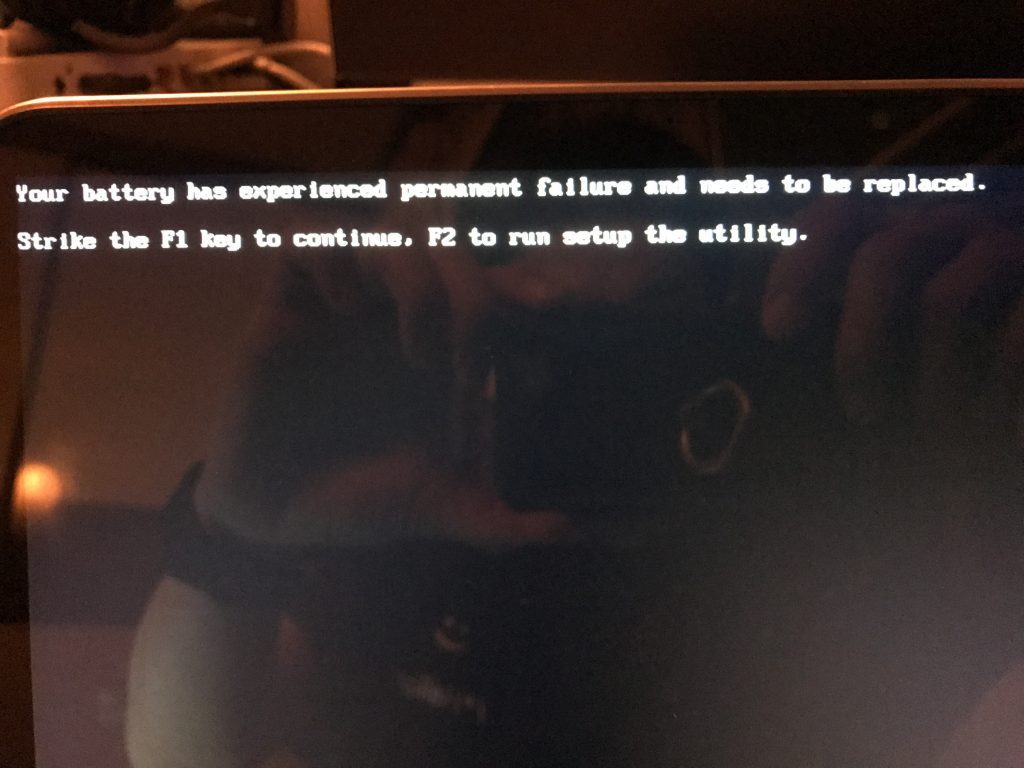2013년에 샀던 XPS13(L233X)가 윈도우즈 초기화 이후 “Your battery has experienced permanent failure and needs to be replaced. Strike the F1 key to continue. F2 to run setup the utility.” 메세지와 함께 부팅하지 않는 문제가 생겼다. 이 메세지는 매번 나오는 것은 아니고 어떤 때는 아무 메세지도 없이 부팅이 안되었기 때문에 실제로 베터리 문제인지 확신이 서지 않았다. 하지만 뒷판을 뜯어 베터리케이블을 빼고 AC로 연결했을 때 아무 문제 없이 부팅되는 것을 보고는 베터리에 점점 더 혐의가 가서 바꿔보기로 했다.

XPS13의 베터리인 Y9N00는 Dell 홈페이지에서 검색되지 않는다. 한국 Dell에 문의해 봤더니 재고가 있는지 확인하는데도 시간이 오래 걸릴것 같다는 대답이 돌아왔다. 결국 G마켓에서 파는 적당해 보이는 녀석으로 영입하기로 했는데, 며칠후에 도착한 새로운 선수는 딱 보기에도 허술해 보였다.
스티커에 Dell꺼라고 붙어는 있긴한데 마감도 엉망이고 인쇄 상태가 영 허술한 데다가 이전에 사용하던 정품 베터리와 비교해서 스티커 내용도 다르다. 이 베터리의 최악은 커넥터 부분인데 아래 사진에서 왼쪽의 각지게 만들어져 있는 정품과 달리 이 녀석은 어떤 초등학생이 하기 싫은 숙제 억지로 한것 마냥 구부려 놨다.

커넥터 각도가 저 모양이라 안끼워 질까 걱정했는데 좀 힘들긴 했지만 억지로 끼워서 연결할 수는 있었다.

뭐냐 이게…
뚜껑덮고 부팅했더니 우려와 다르게 부팅/충전 모두 잘되고 베터리 테스트 프로그램을 몇개 돌려도 별다른 이상은 발견되지 않았다. 다음은 유투브에 있는 XPS13 베터리 교체 교육영상.